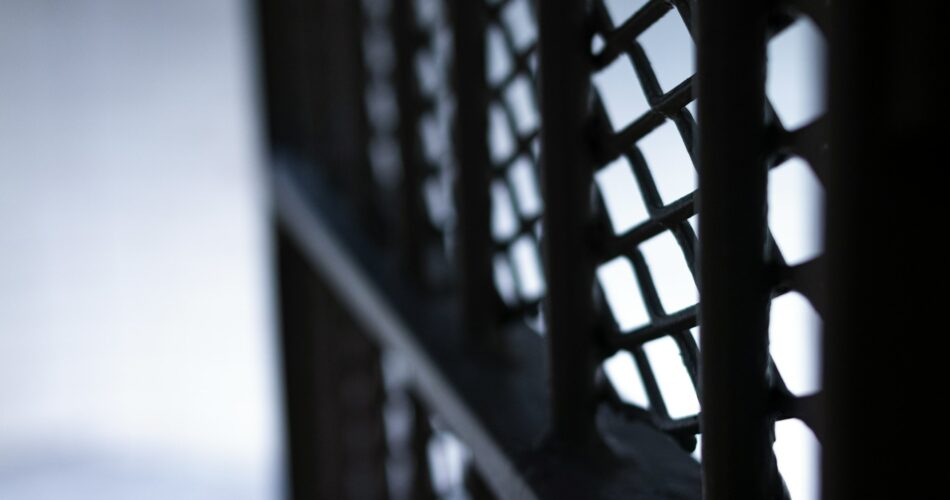What is going on?
An atheist parolee in Colorado, Mark Janny, has secured a $100,000 settlement in a case where he was incarcerated for refusing a court order that mandated his participation in Christian worship services at a Christian homeless mission. The settlement was reached in an agreement with the Colorado Department of Corrections, filed last week in court.
Janny, who was on parole in 2015, was required by his parole officer, John Gamez, to reside at the Rescue Mission in Fort Collins, also known as the Denver Rescue Mission. This arrangement included mandatory attendance at Bible study, church services, and religious counseling. When Janny refused to comply, citing his atheist beliefs, he spent five months in jail as a result.
Represented by the American Civil Liberties Union (ACLU), Americans United for Separation of Church and State, and DLA Piper LLP, Janny contested the parole conditions, arguing that they violated his First Amendment rights to religious freedom. The legal challenge highlighted the principle of church-state separation, asserting that compelling someone to participate in religious activities under threat of imprisonment constitutes religious coercion, not religious freedom.
Rachel Laser, President of Americans United, emphasized the significance of the settlement, stating, “This is a victory for Mark Janny and for religious freedom.” She underscored that while individuals have the right to their beliefs as long as they do not harm others, forcing participation in religious practices violates this fundamental principle.
The case progressed through the courts, with a significant ruling from the 10th U.S. Circuit Court of Appeals in 2021. The appellate court overturned a lower court decision, affirming that the parole conditions imposed on Janny constituted a violation of the Establishment Clause of the First Amendment. Judge Carolyn McHugh, writing for the majority, criticized the state for not providing Janny with a non-coercive alternative residence and emphasized that courts across the country have consistently rejected similar religious coercion arguments.
The settlement represents a significant legal outcome affirming the protection of religious freedom against state-imposed religious practices, setting a precedent for similar cases involving the rights of individuals to practice—or abstain from—religion without state compulsion.
